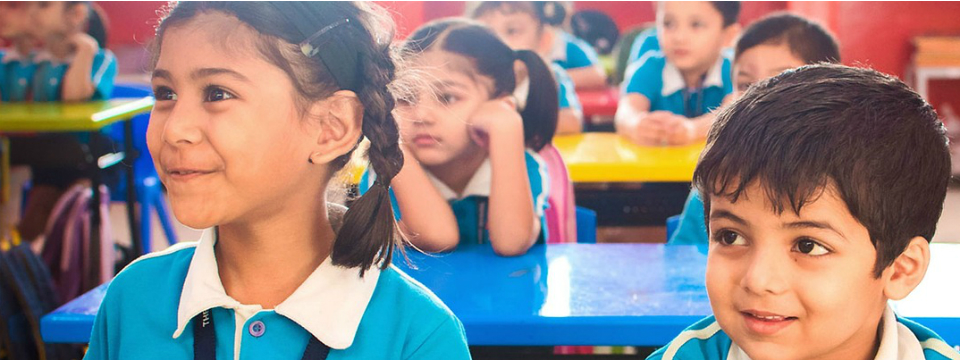Role modeling social-emotional learning skills for campers
Owens, M. H., & Browne, L. P. (2021). Camp Counselor as a Role Model for Social-Emotional Learning Skills in Camp. Journal of Outdoor Recreation, Education, and Leadership, 13(1), 8-22.
https://doi.org/10.18666/JOREL-2021-V13-I1-10543
Summarized by Ariel Ervin
Notes of Interest:
- Camp programs are an excellent way of fostering relationships and learning life skills.
- Although campers tend to learn activity-based skills from their counselors, not much is known about how camp counselor behaviors affect their campers’ social-emotional learning skills (SEL).
- This study examined how camp counselors perceived and modeled SEL at an overnight summer camp.
- Although the counselors wanted to role model SEL, their modeling of SEL was not consistent in practice.
- Counselors were not always transparent about their emotions and weren’t always able to identify the needs of the campers.
- Results indicate that many counselors are still in the process of developing their SEL skills.
- It is recommended for counselors to get trained in recognizing and supporting SEL for their campers as well as for themselves and their peers.
- Training returning counselors in role modeling techniques can help promote counselors’ awareness of SEL.
Introduction (Reprinted from the Abstract)
Camp programs hire counselors to fulfill multiple responsibilities and to role model positive behaviors for campers. Social-emotional learning (SEL) is a skill set that develops over time and through engagement with an array of individuals and opportunities that support social and emotional health across the lifespan. The social design of an overnight summer camp may be an ideal setting for nurturing SEL through camper-counselor relationships. The purpose of this study was to explore how counselors understood and modeled SEL with their campers and to what extent the campers recognized and interpreted those behaviors. Evidence suggests that counselors intended to role model SEL; however, they were inconsistent in how they modeled SEL during interactions with campers. Counselors’ own SEL may need more explicit support and training to more effectively role model SEL for campers.
Implications (Reprinted from the Discussion)
This study explored how counselors perceived SEL role modeling and how campers noticed and interpreted their counselor’s social-emotional skills. Numerous SEL studies examine the delivery and efficacy of SEL curricula (e.g., Durlak et al., 2011) while this study explored opportunities for explicit and implicit SEL role modeling within a youth-adult relationship. Consistent with other research, counselors reported that serving as a role model was a significant responsibility unique to their position (Digby & Ferrari, 2007; Halsall et al., 2016; Johnson et al., 2011; Rubin et al., 2018). The counselors’ beliefs derived from their camp experience and observing their counselors’ behaviors, which supports the effect of lasting learning from camp experiences (Sibthorp et al., 2020). Some counselors sought to imitate the positive behaviors observed while other counselors desired to be a better role model (Johnson et al., 2011).
Elias et al. (1997) suggested, “teaching by example, or modeling, is the most powerful technique that educators employ, intentionally or otherwise” (p. 56). Social-emotional learning role modeling can happen through formal, informal, and in hidden ways. Campers can recognize and interpret underlying messages from behaviors modeled by a counselor (i.e., hidden). While the counselors rarely taught specific skills, they modeled SEL competencies such as self-management and social awareness when interacting with others. Furthermore, the counselors did not intend to role model a specific SEL skill, yet there were multiple opportunities to model the competencies. Informal modeling through peer support or communication can be quite powerful and counselors may be well positioned to model SEL using informal methods when they feel upset or frustrated during the camp program (Epley et al., 2017; Halsall et al., 2016).
Modeling SEL strategies can serve three purposes: (1) management of personal emotions, (2) demonstration of techniques, and (3) acknowledgment that everyone experiences stress. Stressful situations can arise in a camp program and counselors could be more likely to make snap judgments without thoughtful consideration to the situation and self-awareness (Halsall et al., 2016). A counselor who feels stressed or frustrated can use that situation to model SEL by processing and verbalizing their feelings aloud with campers (Bandura, 1997; Elias et al., 1997).
To access this article, click here.










